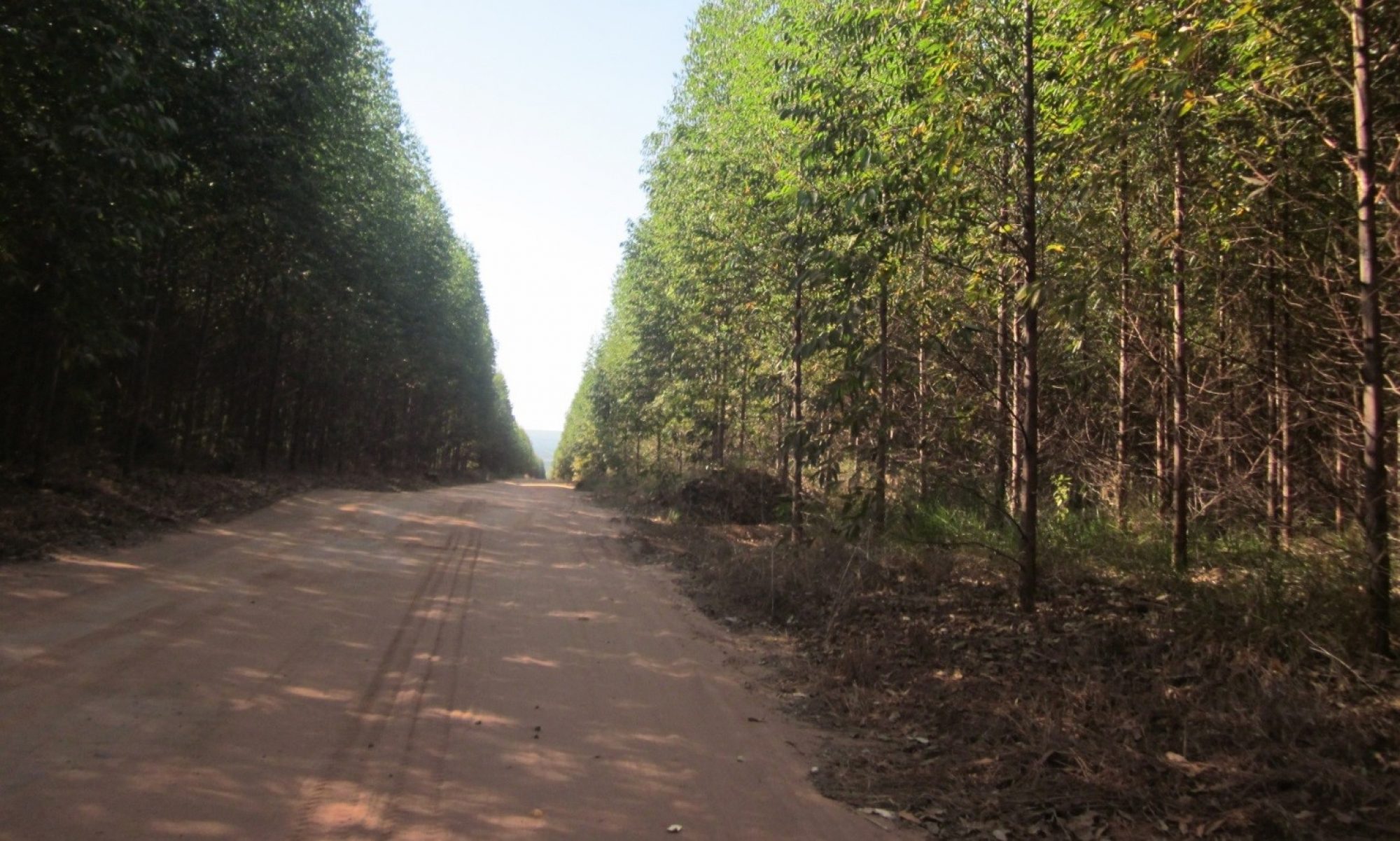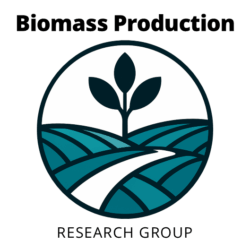Introduction
The International Energy Agency, Task 43 (Biomass) aims to explore technical and economic strategies to increase the quantity of biomass available, improve the quality of biomass delivered for different energy purposes, and explore strategies to increase the value and foster confidence in biomass supply for both direct and cascade use of biomass for energy.
- Develop, refine, compare and promote sustainable integrated land management strategies that contribute to increased, competitive biomass mobilisation through engaged stakeholder groups in existing and emerging agriculture and forestry lignocellulosic systems.
- Develop, refine, compare and promote innovative biomass supply chain and logistics systems through engaged stakeholder groups that more efficiently recover and deliver more high-quality biomass for multiple products and markets including bioenergy.
- Explore emerging bioeconomy supply chain and logistics systems to develop integrated solutions for the production and supply of more high-quality biomass.
- Foster international collaboration and shared views on strategies to increase the quantity, quality, value, and reliability of biomass supply and logistics.
Projects
Improving framework conditions for bioenergy supply chains within bioeconomy – an approach for shaping evidence-based policies
Team leaders: Biljana Kulišić (EIHP), Blas Mola-Yudego (UEF), Ioannis Dimitriou (SLU), Jörg Schweinle (Thünen-Institute)
This project addresses how supply chains for a certain biomass affect the ability of bioenergy projects to curb the GHG emissions. The project aims to identify what would be the setting of an optimal supply chain for bioenergy with respect to GHG saving in a specific country and what would be the country specific restrictions affecting the supply chain in terms of e.g. policy framework, biomass availability? The project also tries to identify major economic, social and environmental trade-offs of biomass supply chains in a country specific context.
The activity develops a method that can assist decision makers assessing major economic, social and environmental impacts associated with a certain supply chain by ranking different criteria and goals relevant for a decision. Although the methodology is built upon the EU perspective on contribution to the Paris Agreement, the decision making process is applicable beyond the EU countries as it demonstrates decision-making approach.
If advanced biofuels assume biomass growing, how should we think when deciding about the optimal production system and what about the potential trade-offs?
Team leaders: Biljana Kulišić (EIHP), Blas Mola-Yudego (UEF), Ioannis Dimitriou (SLU)
Stable, secure, homogeneous and quality biomass supply is a condition sine qua non to reach competitiveness margin in advanced biofuels production. The economics of advanced biofuels production are on the margin, which motivates investors to maximise the control over the biomass supply. Lignocellulosic material, suitable for advanced biofuels production, is still not a worldwide tradeable bioenergy good as pellets, chips and 1G biofuel. Until the world trade on lignocellulosic material matures, the option for the investor to have the maximum control is to grow a large proportion (say 80%) of biomass and the rest to be found on the open market. The purpose of this project is to highlight how different biomass growing systems (land intensification or extensification the role of ecosystem services, what type of dedicated crops…) to supply advanced biofuels are resulting in different effects on climate change mitigation goals, given the sustainability constraints.
Publications
Mola-Yudego, B., Dimitriou, I., Gagnon, B., Schweinle, J., & Kulišić, B. (2023). Priorities for the sustainability criteria of biomass supply chains for energy. Journal of Cleaner Production, 140075. [PDF] [RG] https://doi.org/10.1016/j.jclepro.2023.140075
Englund, O., Mola‐Yudego, B., Börjesson, P., Cederberg, C., Dimitriou, I., Scarlat, N., & Berndes, G. (2023). Large‐scale deployment of grass in crop rotations as a multifunctional climate mitigation strategy. GCB Bioenergy, 15(2), 166-184 [RG]
Kons, K., Blagojević, B., Mola-Yudego, B., Prinz, R., Routa, J., Kulisic, B., … & Bergström, D. (2022). Industrial End-Users’ Preferred Characteristics for Wood Biomass Feedstocks. Energies, 15(10), 3721. https://doi.org/10.3390/en15103721 [RG]
Englund, O., Börjesson, P., Mola-Yudego, B., Berndes, G., Dimitriou, I., Cederberg, C., & Scarlat, N. (2021). Strategic deployment of riparian buffers and windbreaks in Europe can co-deliver biomass and environmental benefits. Communications Earth & Environment, 2(1), 176 [RG]
Kulisic, B., Dimitriou, I., & Mola-Yudego, B. (2021). From preferences to concerted policy on mandated share for renewable energy in transport. Energy Policy, 155, 112355. https://doi.org/10.1016/j.enpol.2021.112355 [RG]
Kulišić, B., Dimitriou, I., & Mola-Yudego, B. (2022). Positioning the biofuel policy in the bioeconomy of the BioEast macro-region. Biofuels, 13(7), 833-842. https://doi.org/10.1080/17597269.2021.1984165 [RG]
Englund, O., Dimitriou, I., Dale, V. H., Kline, K. L., Mola‐Yudego, B., Murphy, F., … & Mishra, S. K. (2020). Multifunctional perennial production systems for bioenergy: performance and progress. Wiley Interdisciplinary Reviews: Energy and Environment, 9(5), e375. [RG]

